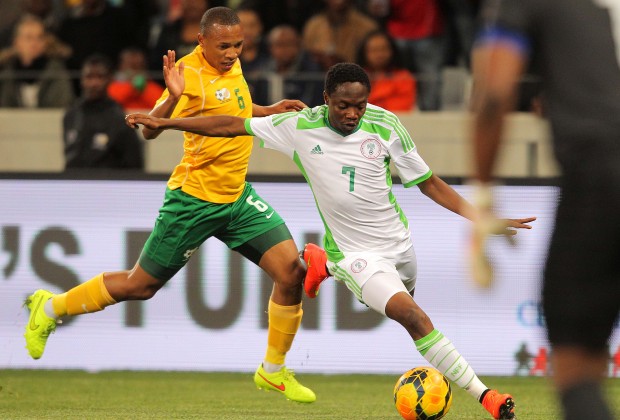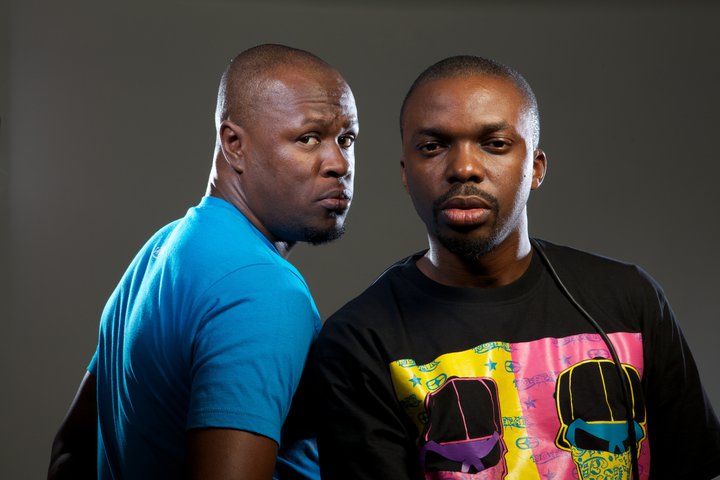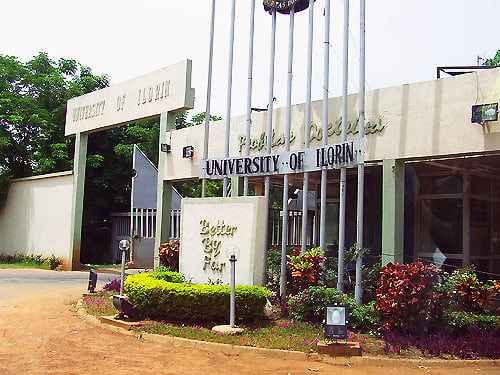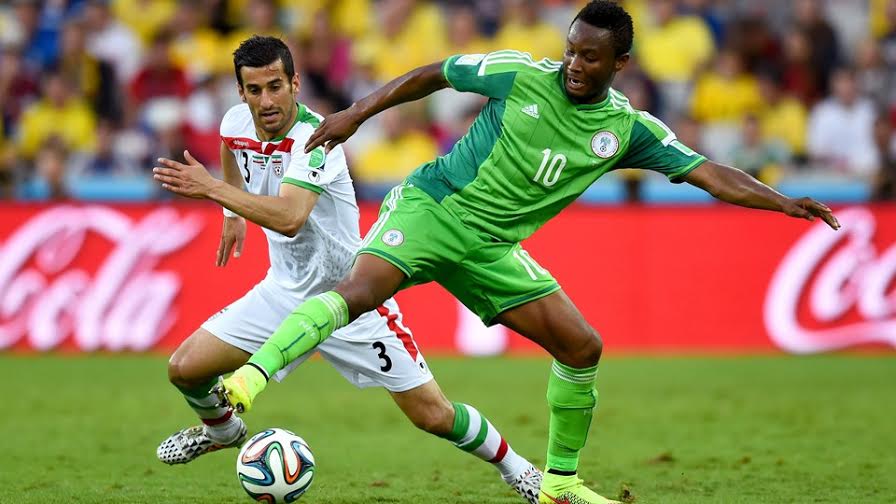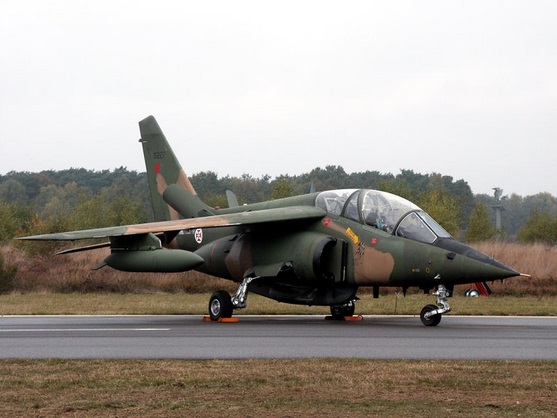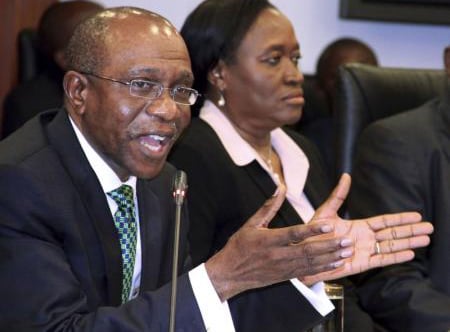Postmortem: 1) (on somebody) a medical examination of the body of a dead person in order to find out how they died. 2) (on something) a discussion or an examination of an event after it has happened, especially in order to find out why it failed.
With the Super Eagles, the two definitions suffice after the team picked up one point from a possible six against a team that requiring deliverance (Red Devils of Congo) and another that still growing up (‘The Boys The Boys’ of South Africa).
Was this a step back from Brazil 2014 World Cup where the team lost to France in the round-of-16?
Can there be a more obvious question than this?
Advertisement
After suffering the ignominy of a home defeat – the first time in 33 years – to Congo, Nigeria will lose a competitive game at home before labouring to a goalless draw in South Africa. Saying the team has gone only a step back is even kind.
Though they have not gone from Super Eagles to Super Chickens – at least till after the double-header with Sudan in October – the team was poor in both games.
Against Congo in Calabar, it was obvious the team had no game plan despite taking the lead from a set-piece – one of the bright spot from the match, considering the team hardly converts free-kicks and corner-kicks to goals.
Advertisement
There was no link-up play from defence to midfield and to the forward line.
In Cape Town, the Eagles were not purposeful and aggressive enough. To say they were not committed to the course could translate to questioning their level of patriotism and that’s using a sledge hammer on an ant.
Nigeria created nothing more than half chances, the best of which fell to Nosa Igiebor in the 36th minute but the Israel-based player could only shoot off target under pressure from Bafana Bafana’s defenders.
Ahmed Musa and Emmanuel Emenike, the Super Eagles’ most dangerous players on the night weren’t receiving particularly good service from John Obi Mikel et al from midfield mainly because Andile Jali and Dean Furman bossed the engine room.
Advertisement
Nigeria are now third in Group A with a point, while Congo are top of the standings on six points, South Africa are second with four points.
There must be tremendous improvements if the team would make it to AFCON 2015 in Morocco.
DID FATIGUE CONTRIBUTE TO THE GOALLESS SOUTH AFRICA AFFAIR?
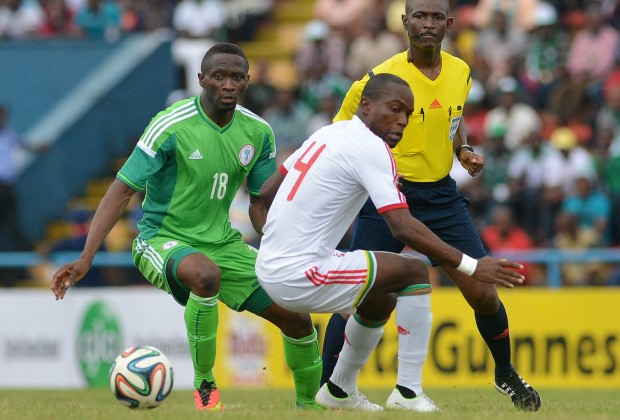 Perhaps, it did because the only Super Eagles player who the word ‘tired’ or related word didn’t appear with his name during the post-match analyses was Austin Ejide in goal!
Perhaps, it did because the only Super Eagles player who the word ‘tired’ or related word didn’t appear with his name during the post-match analyses was Austin Ejide in goal!
“Efe Ambrose looked tired and jaded towards the end of the game…”
Advertisement
“John Obi Mikel faded away as the game wore out…”
“Nosa Igiebor was later substituted after he ran himself ragged…”
Advertisement
“Ogenyi Onazi, like the rest of team, tired out towards the end of the game as South Africa finished the game on the ascendancy…”
“Elderson Echiejile also looked tired as the game wore on, which gave the South Africans the impetus to run at Nigeria as the game hit the business end…”
Advertisement
Few sports are more energy-sapping than football. In the course of a 90-minute match, it is not surprising that physical performance declines from the initial minutes to the final whistle.
Physical conditioning is vital to top teams and it means the Nigeria Football Federation (NFF) must not ignore the value of sports science.
Advertisement
There are so many other factors that determine the result of a match but physical conditioning is one.
Here is a crash course for Stephen Keshi and his coaching crew, if they can’t wait for the findings of the would-be committee to be set up by NFF to look into the benefits of sports science in achieving peak sporting performance, and stay energetic while playing football. (Source: www.wikihow.com)
Step 1
Adopt an exercise routine. If you already do this, increase the time or difficulty.
Step 2
Always take breaks.
Step 3
Breathe! Inhale and hold for eight seconds (remember not to count too fast!), and exhale. Repeat this 2-4 times (if you smoke or used to, four times is recommended).
Step 4
Relax. Though you should stay alert during the game, it’s good to relax your muscle and your mind for a while.
Step 5
Always warm up. This will help you avoid injuries and keep your stamina up.
Step 6
Stay hydrated. Always drink before and after playing. However, don’t drink directly before a game, and drink little amounts often instead of gulping down all your water at once.
Step 7
If you’re tired, breathe through your nose and out through your mouth, and only sit for short periods. Stretching, drinking water, and relaxing are all good ways to keep up your stamina.
Super Eagles players should now last the distance if attention is given to every detail – and yes, the committee’s findings on sports science!
HAS KESHI DEMONSTRATED HE CAN CONTINUE MANAGING THis TEAM?
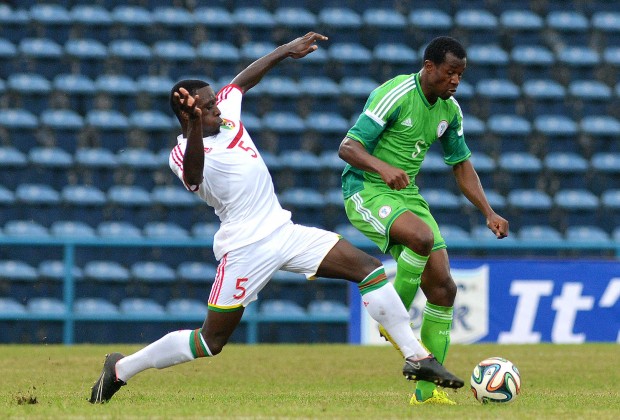 A coach is as good as his last (11) result(s)!
A coach is as good as his last (11) result(s)!
Under the Big Boss, the defending African champions have now won just one of their last 11 matches and unsurprisingly, pressure is sure to mount on him. And questions, too!
Should he stay and continue ‘wobbling and fumbling’ before getting it right? Should he go with his CV and integrity still intact? Should he be kicked upstairs in a role that looks like a promotion with sweet sounding job title (Director of…General Overseer of…Chief Optimisation Officer of…) but which actually is a demotion? Should he be kicked downstairs from big boss to gagged boss answerable to a foreign coach?
Here are some reasons why he should stay:
- Keshi came into the frame after Super Eagles failed to qualify for AFCON 2012 and lifted team spirit
- He qualified Nigeria for AFCON 2013
- Eagles won AFCON 2013
- Eagles qualified for World Cup 2014
- Eagles win first World Cup game since France ‘98
- Eagles qualify for round-of-16 for the first time since France ‘98
- Keshi’s contract came to an end after the World Cup and has not been renewed
- But he agrees to take charge (without a contract) of the country’s first two matches in the African Nations Cup qualifying campaign. A great patriot.
But here are some reasons why he should leave:
- Keshi has no fresh ideas to bring to the Super Eagles
- And this is not because of those two disappointing results
- And also not because Nigeria are again on the verge of missing out on the Nations Cup only two years after it had come to that
- It is because he cannot improve this team
- His major decisions are questionable, likewise his team selections
- Three years on, Keshi’s team still bank on luck and individual brilliance to win games
- Since Keshi took over, we are used to just one system where we rely on the speed of our attackers and on counter attacks
- The Eagles defence has been suspect as Congo reminded us. The midfield barely functions. The attack has lacked any bite since last year’s AFCON and its too dependent on Emenike
- How Keshi still affords the luxury that is Chelsea’s John Mikel Obi in the midfield beats imagination
- Keshi’s tactical acumen is suspect and under investigation by the Nigeria police!
- When was the last time he attended a refresher course?
- Tell me your friend and I will tell you who you are. Who is Keshi surrounded with in the dugout?
In the post-match conference in Cape Town, Keshi saw the funny side to his future as Super Eagles coach.
“What is going to happen to me? I will probably go home and see my wife. No, I’m just kidding, we’ve got to concentrate and see what I will do in the month of October,” he said.
Keshi lives in San Francisco. He should remain there in October and beyond.
HAS JOHN MIKEL OBI GONE PAST HIS SELL-BY DATE?
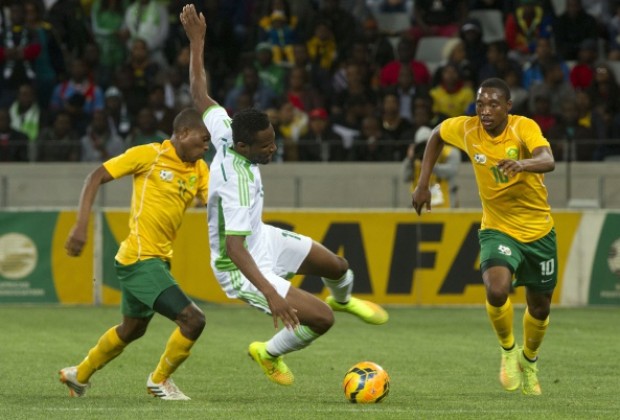 Maybe we should rephrase the question.
Maybe we should rephrase the question.
Have we seen the best of Mikel? The answer is possibly a resounding yes.
He had a better game against South Africa than he did against Congo, but a rating of five over 10 as against six is scant improvement.
In Cape Town, he bossed the midfield in early exchanges but faded away as the game progressed.
Andile Jali picked up the man-of-the-match award because he more or less had his more illustrious opponent in his pouch.
Stats don’t lie, so here’s how Jali ‘jailed’ Mikel in their midfield battle.
Jali made nine tackles in the match. Mikel made only three. Musa, a winger, put in more tackles for the Super Eagles than the former Lyn Oslo player.
Jali was more efficient with his passes; he made 50 successful passes from 59 attempts, giving him an 84 pass percentage.
Mikel managed 55 successful passes from 67 attempts, which gives him a successful pass percentage of 82.
By the way, Jali plays with Oostende in Belgium.
Today’s Mikel is a far cry from the Mikel we saw in the Flying Eagles squad, yet Keshi says he still believes that Mikel is vital in his Super Eagles side. One may wonder where this belief comes from.
Saying Mikel needs to step up his game now sounds like a cracked Fela Anikulapo-Kuti’s record disturbing commuters at Ikeja bus-stop before the bridge close to Awolowo House.
Add a comment
